“The ultimate measure of a man is not where he stands in the moments of comfort and convenience, but where he stands at times of challenge and controversy.”
First spoken by the Rev. Dr. Martin Luther King Jr. in the 1960s, those words echoed through the halls of Old Main Tuesday afternoon as the Shippensburg University community gathered to commemorate its 37th annual March for Humanity.
Each year, SU gathers the week after Martin Luther King Jr. Day to reflect upon his fight for equality and assess the work that still must be done. Several student groups within the Multicultural Student Association, such as the Latino Student Organization, Elite Modeling Troupe and B.R.O.T.H.E.R.S, led the march of roughly 200 students, faculty, staff and administrators.
Khalid Mumin, former Pennsylvania education secretary and 1995 SU alum, served as the keynote speaker and emphasized the power students have as the next generation of changemakers.
“Tomorrow is not yesterday,” Mumin said. “You have to have courage. You have to be willing to lay it on the line.”
Executive members of SU’s African-American (Afro-Am) student organization spoke to the crowd about their reasons for continuing to march.
“I have been looked down on and judged for my accent,” Kemi Adetunji said. “When I march, I can be myself.”
“I march because I must,” Tymir Roher said.
While concepts like diversity, equity, equality, inclusion and social justice often get lumped together in modern discussions, Mumin spoke on the differences and how King “never got” to the point of equity.
“He was fighting for equality, and what came out of that dream is equity and now running toward social justice for all,” Mumin said.
However, as many continue the proverbial run toward social justice, others across the country are taking steps back as it relates to diversity.
In her remarks, Afro-Am President Kennedy Holt said, “DEI is under attack,” and encouraged SU to stay focused on the work that must be done to push forward the fight for social justice.
Since taking office on Jan. 20, President Donald Trump has ordered the rollback and elimination of DEI-focused programs and employees within the federal government. In an executive order, he encouraged the private sector and corporations to “end illegal DEI discrimination and preferences.”
“My administration has taken action to abolish all discriminatory diversity, equity and inclusion non-sense — and these are policies that were absolute nonsense — throughout the government and the private sector,” Trump told the World Economic Forum on Jan. 23.
As it currently stands, SU has not been impacted by any Trump policy decisions because it responds to orders by Pennsylvania’s governor, according to SU Assistant Vice President of Inclusion and Director of Social Equity Manny Ruiz.
“I think it’s important that we don’t invoke fear upon students, and we provide the resources that are needed,” Ruiz said. “This work is of the utmost importance.”
Those sentiments were echoed by several students involved in the planning of the march, who emphasized the importance of maintaining support for diversity on campus.
“To me, this year did feel different with a lot of things that have been going around the last couple of months … a lot of politics and just too much going on,” Afro-Am officer Kenny Horne said. “We just keep doing what we’re doing. Keep remembering why we’re here.”
As diverse programs continue to face scrutiny, allyship from non-students of color continues to play a pivotal role.
“Seeing everybody’s support behind us and even non-people of color coming and marching with us and being at the speech with us” is so important, Adetunji said.
SU will continue to support the legacy of Martin Luther King Jr. during February through its extensive schedule of Black History Month events across campus.

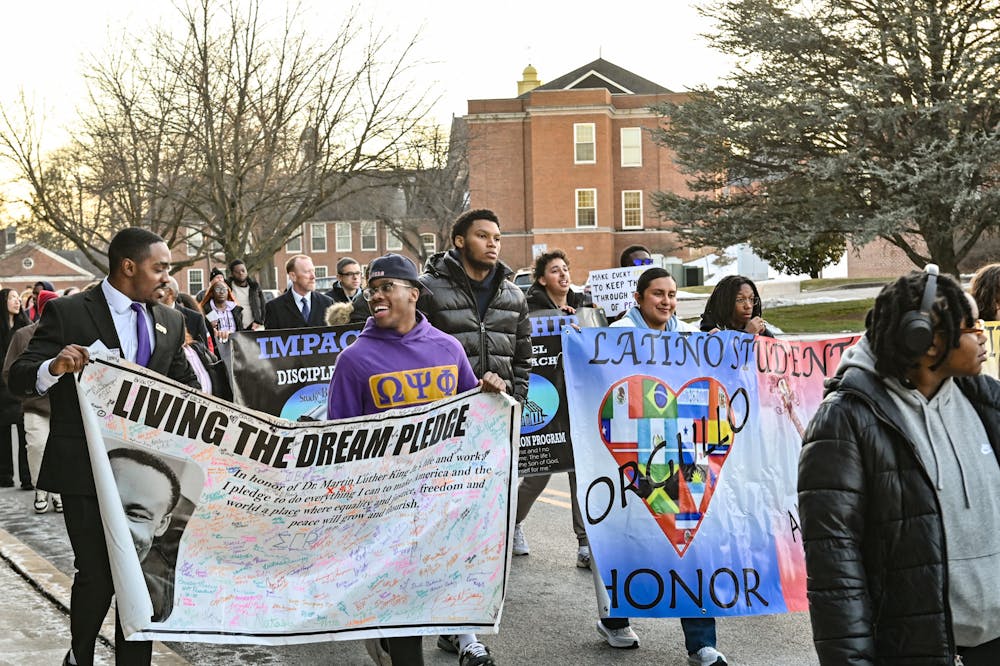
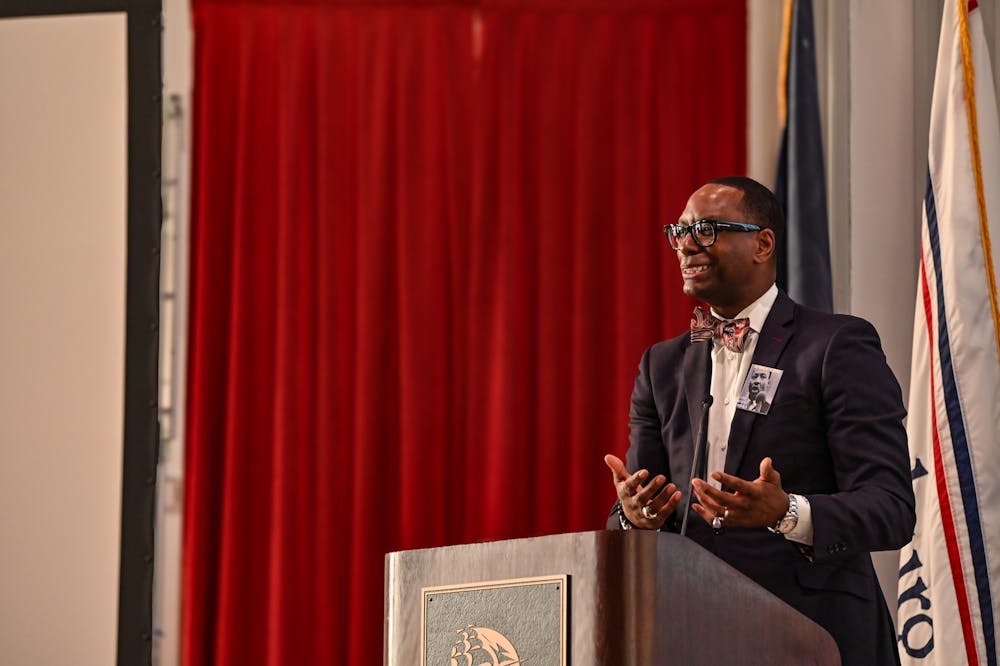
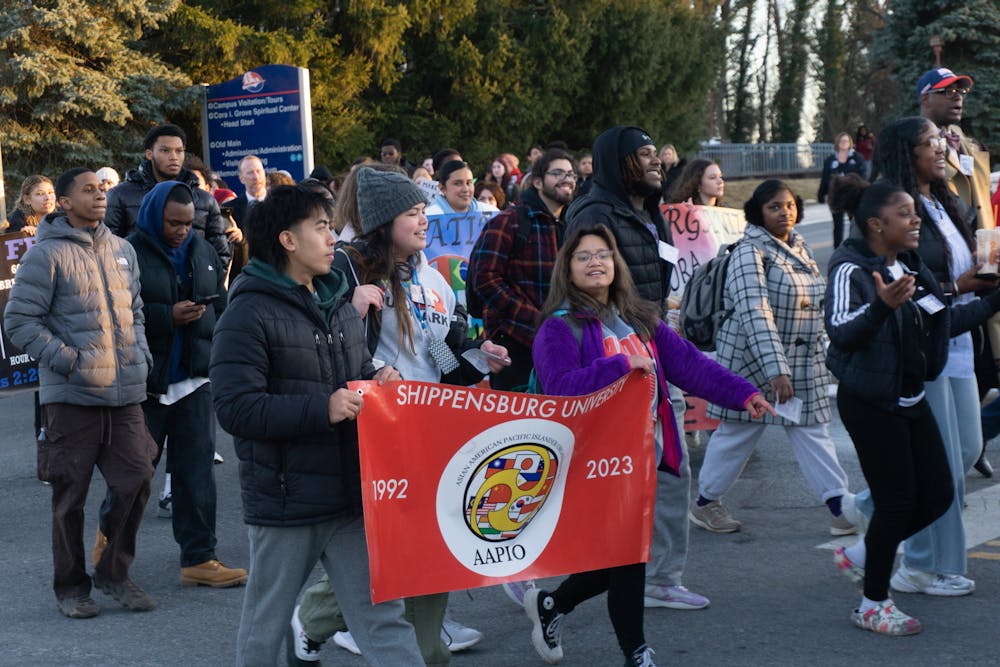
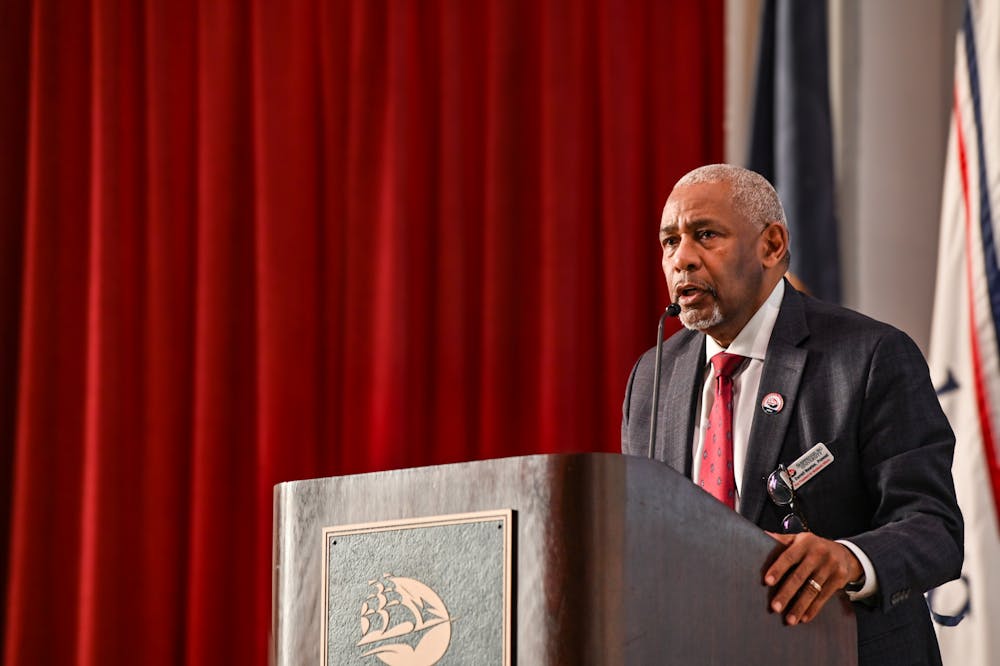
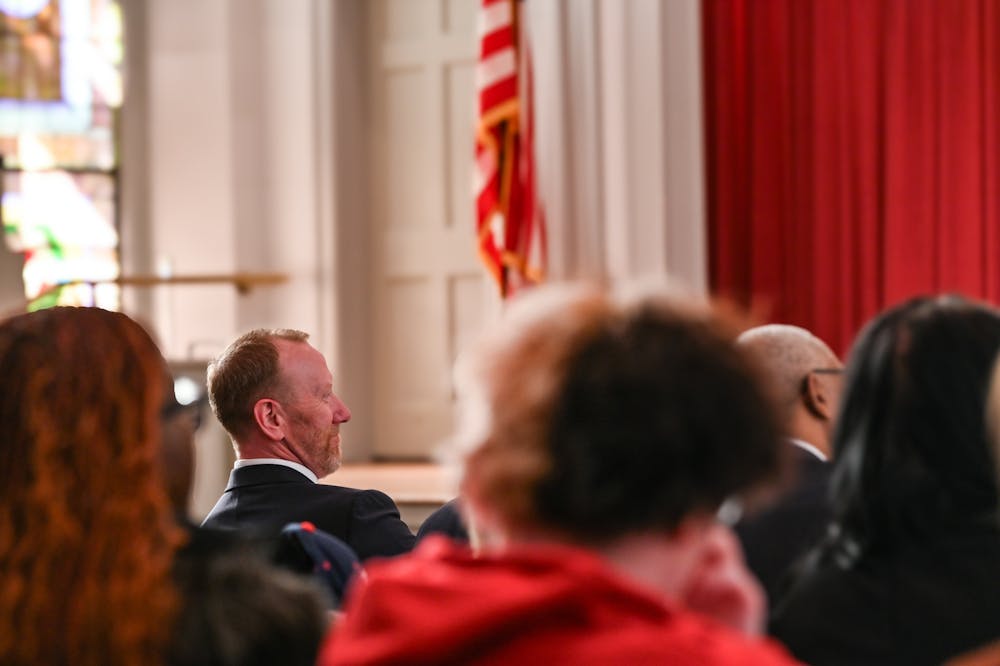
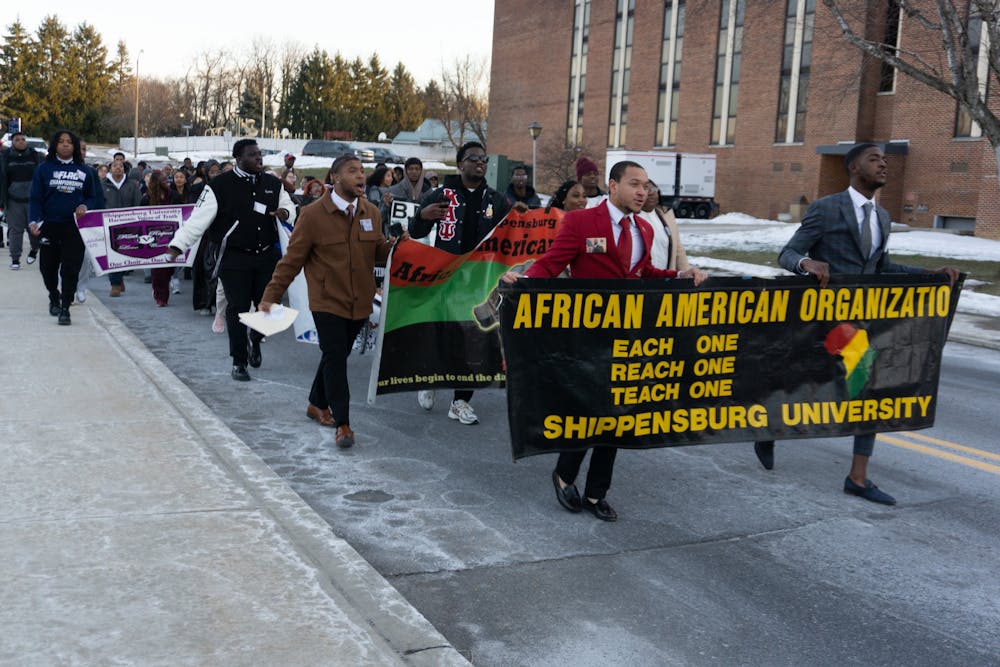
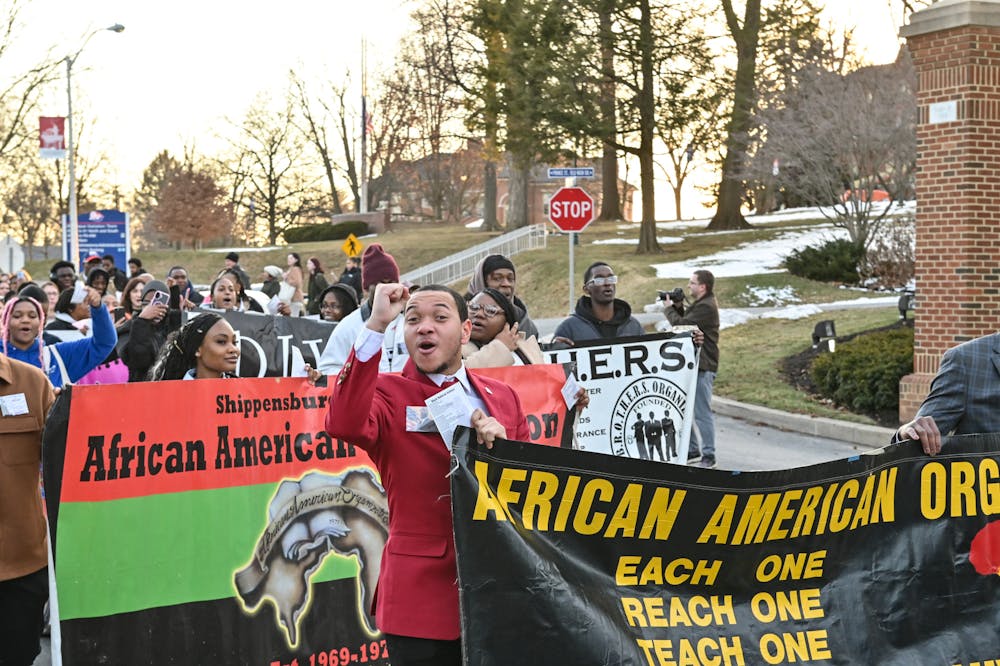
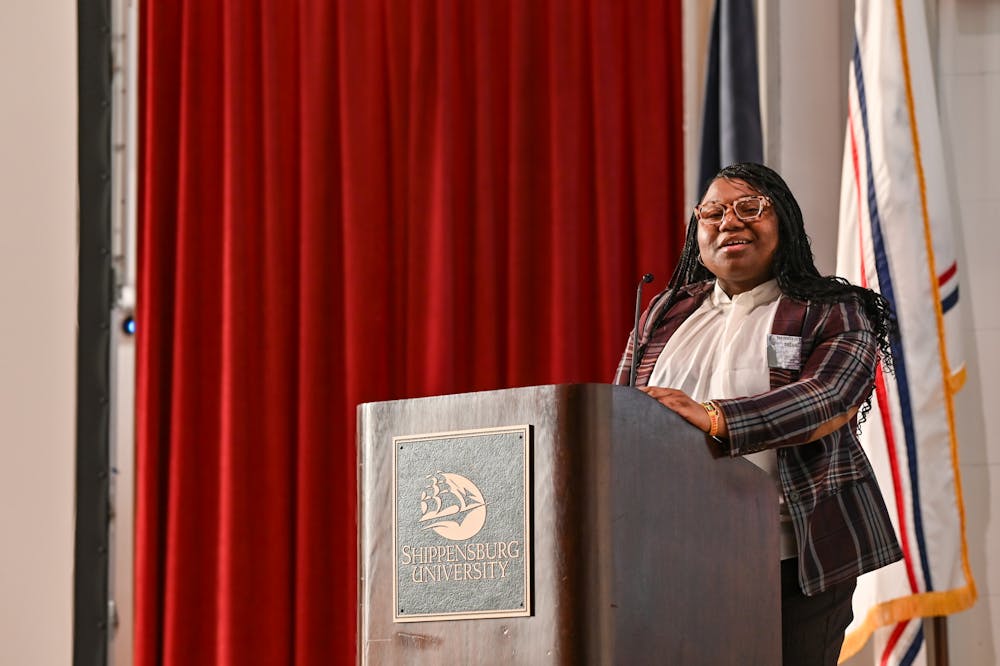
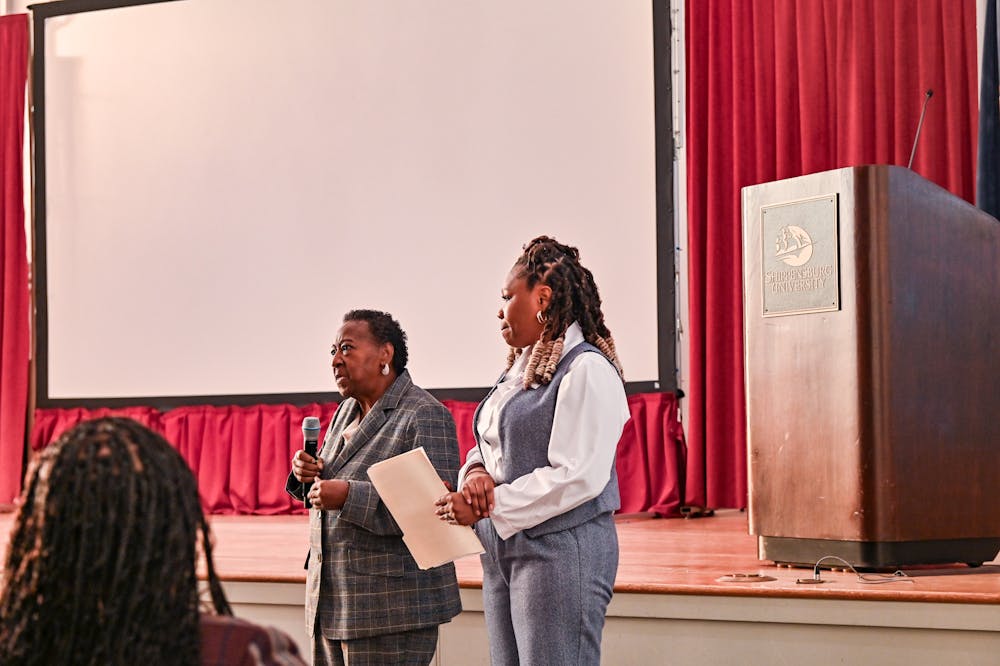
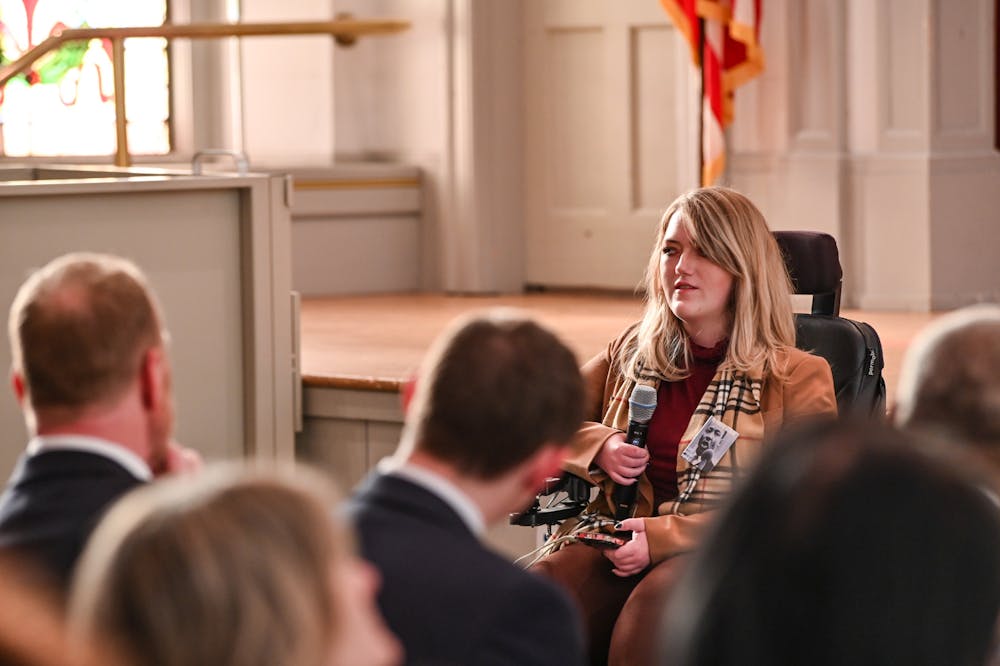
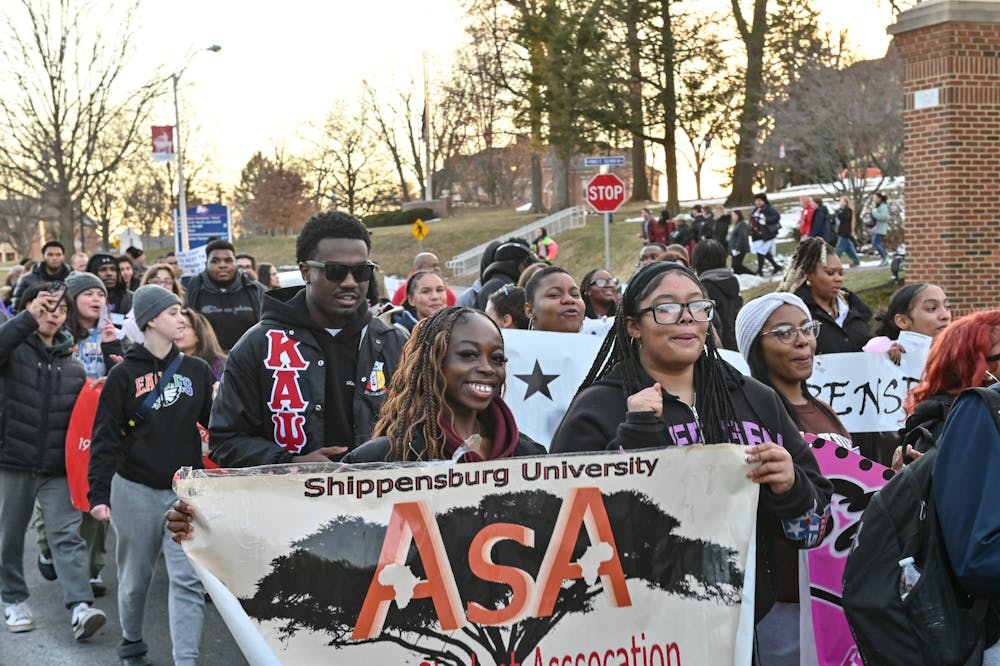
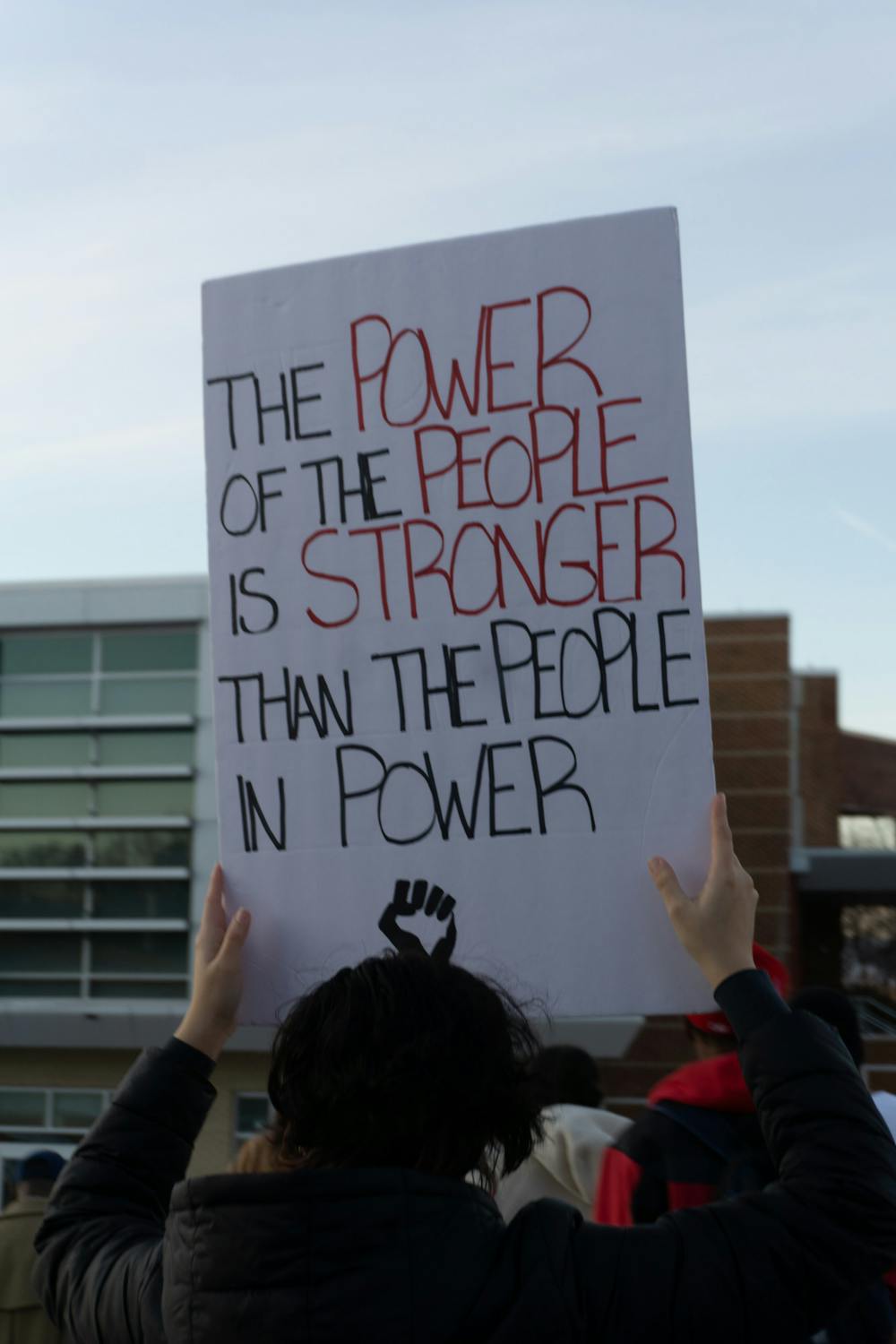

The Slate welcomes thoughtful discussion on all of our stories, but please keep comments civil and on-topic. Read our full guidelines here.